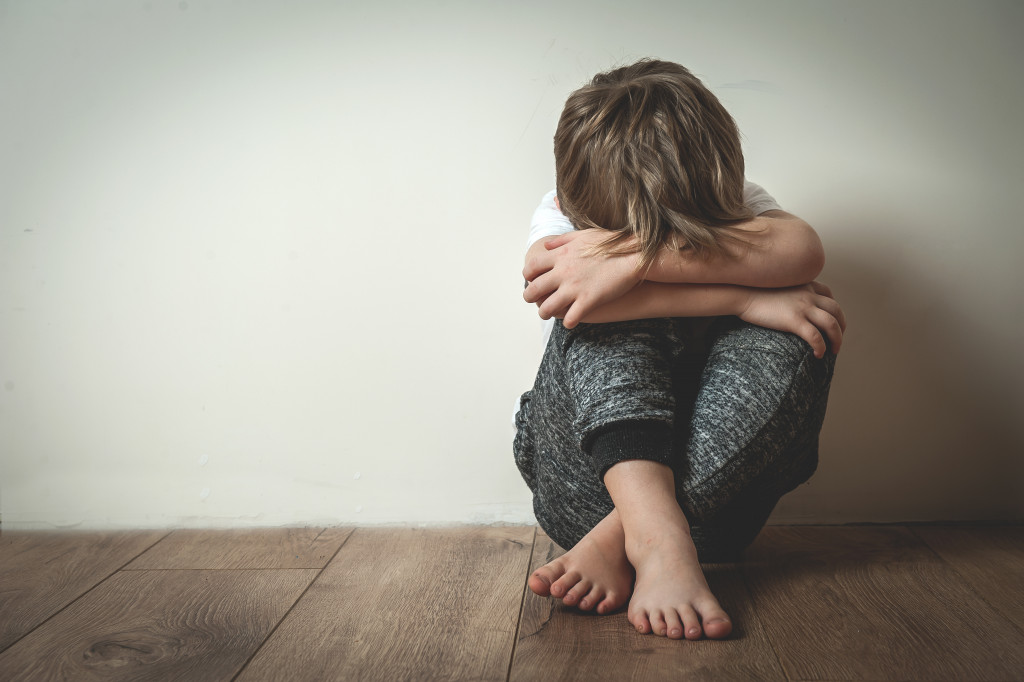No matter where we go, there will always be bullies. Often, their aggressiveness can result in the worst imaginable scenarios. With the increasing number of child and teenage deaths due to bullying, how can we teach our children to prevent it from happening?
What is Bullying?
Bullying is the intentional act of harming another person, whether verbally or physically. It may take various forms and can occur in both young and adults. Some are obvious, while others are more subtle. Here are the most common types of bullying that often put victims in distress.
Physical Bullying
As its name states, this type of bullying happens with the intent of physically attacking the victim. It’s what usually happens when a bully wants to assert authority over his victim. This kind of bullying is the most evident among all forms.
- Hitting or punching
- Getting into a fight
- Taking another person’s belongings
- Destroying the property of others
- Yelling
Emotional Bullying
Even in maturity, these habits are still prevalent. When someone attempts to do or get what they want while making the other person scared or furious, this is emotional bullying.
- Using derogatory terms to describe someone
- Threatening or blackmailing
- Taunting or mocking
- Isolating or excluding someone from the group
Social Bullying
In comparison with the first two types, social bullying is more challenging to identify. Social bullying happens without the victim’s knowledge. Its goal is to destroy someone’s name and damage their life in general.
- Spreading rumors
- Mocking individuals in public
- Negatively referring to someone
- Making snide remarks about a person
- Persuading people not to befriend a particular person
Cyberbullying
Technology opens both positive and harmful avenues to its users. Among its negative implications is cyberbullying. It can be difficult to know what someone’s intention is when they use the internet. It is cyberbullying if they seek to threaten, humiliate, harass, or assault another individual.
- Posts that embarrass someone
- Threatening others on the internet
- Harassment by chat, text, or email
- Making false claims on social media
- Making derogatory and harmful remarks on social media

The Effects of Bullying
Bullying is a severe threat to our children’s well-being. It can leave them with either temporary or permanent scars as they grow older. The following are the consequences of bullying:
- Mental health concerns
- Isolation
- Guilt
- Low self-confidence
- Shyness
- Poor academic performance
- Suicidal personality
How to Stop Bullying
There are many ways to bring back a victim’s confidence and smile. Whether you’re a parent, a relative, their teacher, or a concerned citizen, here are what you can do to stop bullying:
Pay Attention
Paying attention to the child’s behavior can help you identify if your kid is experiencing bullying. Beware of the following indicators by checking if your kid exhibits one or more of the symptoms below:
- Reduced motivation
- Changes in sleeping and eating habits
- Restlessness
- Unexplained injuries
- Self-destructive tendencies
- Unexpected retreat from social situations
- Failing grades
Discuss What Bullying Is
If you can teach your kid to understand the signs of bullying, they will be more likely to avoid it. Children who understand what bullying is will be more aware of the problem. It will be simple to discuss it with you, and they will know when to seek help. Please encourage your child to talk so that you can provide them with the necessary support and comfort.
Teach Them Empathy
Show them what empathy is by demonstrating it. Your children will learn how to be sensitive and sympathetic if you set a good example. We can end bullying when we create a caring and respectful environment for our children. Encourage them to show compassion or seek aid for bullied children.
You can also seek adult MHFA courses. These are a great place to start for anybody interested in learning more about the connection between mental health and empathy.
Why Is Empathy Important in Children?
Empathy is essential for children because it allows them to respond to bullying. They’ll be able to recognize that other individuals have their personalities and feelings. Empathy enables them to act cooperatively. They will be aware of their emotions and will know how to respond better to these situations.
Parting Thoughts
We can find bullies almost anywhere. An approach to prevent our children from being one is to teach them empathy. As a result, they will be less likely to be victims and more sympathetic to others. Empathy is a valuable characteristic that they’ll need as they grow. Teach your kids how to do it, and you’ll be a proud parent in the future.
